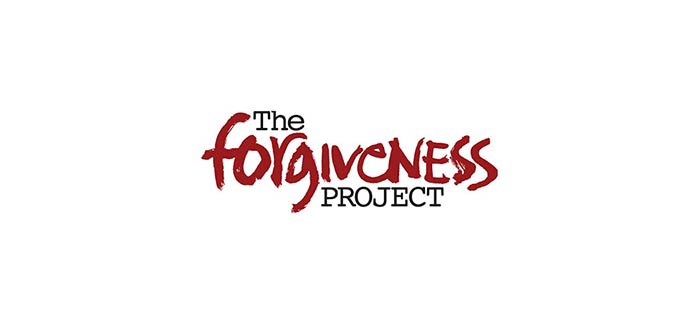Forgiveness is individual
The Forgiveness Project is a charitable organization based in the UK. She created the exhibition The F-Word: Stories of Forgivness. Based on true personal stories, it explores concepts of forgiveness, reconciliation and conflict resolution to break cycles of violence and restore hope and courage for alternatives to resentment, retaliation and revenge.
The British journalist Marina Cantacuzino founded the Forgiveness Project in 2004 in response to the invasion into Iraq. In doing so, she wanted to help to oppose the increasingly loud rhetoric of retribution and revenge.
Through very different stories from different parts of the parts of the world, it becomes clear that forgiveness is an individual decision which looks different for everyone and is achieved in different ways or not achieved at all. Forgiveness cannot therefore be precisely defined, as everybody understands it in a different way. The most basic common denominator seems to be to let go of the past and orient oneself towards the future.
There are many different studies that describe the positive health effects of such a step.
PROJECT AIMS
THE EXHIBITION
The Institute for Restorative Practices (IRP) in Berlin awards the German-language traveling exhibition of the “Forgiveness Project”. This is a selection of 23 stories. The CHAJA Foundation organized the creation of the exhibits in a different form and their exhibition in the Haus am Dom in Frankfurt. The exhibition hung in the corridors for several weeks, including the “Long Night of the Museums”, reaching a wide variety of people.
For further information and lenting requests, please visit the IRP (Institute for Restorative Practices) website.
